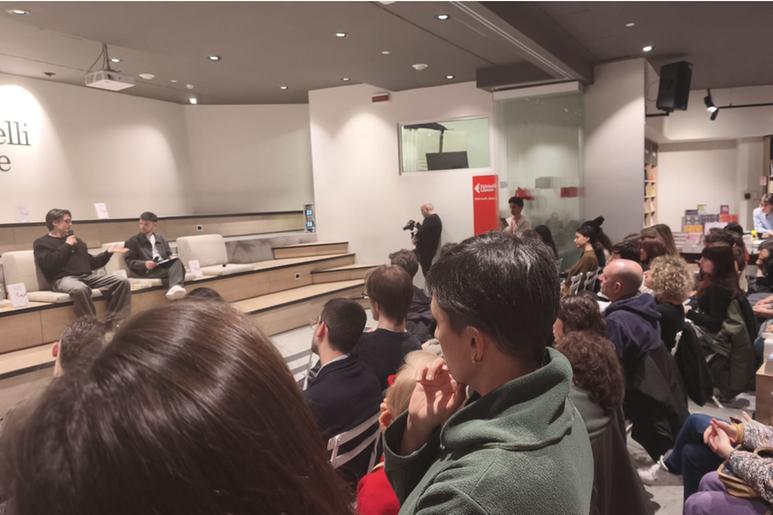Christian, reader of Capital, asks us the following question: “Regarding life insurance contracts, the new tax, if maintained, concerns funds in euros. However, in life insurance contracts, we frequently have a distribution with funds in euros and units of account. Would this tax apply only to euro funds or to the entire contract? If this is the case, to avoid taxation, should we arbitrage Euro funds towards units of account at the end of the year, and in January arbitrage again to return to Euro funds?
Hello Christian, and thank you for your question. It raises a crucial point for savers with diversified life insurance contracts. To answer your question, the tax on unproductive wealth (IFI) would a priori only concern the fraction of capital housed in euro funds. As a result, this could indeed generate complex arbitrage strategies.
Only your savings in euro funds would be affected
For the record, this new version of the Real Estate Wealth Tax (IFI) would now also target goods deemed “unproductive” for the economy, and in particular funds in euros. The latter are in fact mainly invested in government bonds. This is why it was considered that they do not sufficiently finance the “real” economy. Unlike units of account (UC), which can be invested in shares, or in companies not listed on the stock exchange.
Consequently, the part of your contract invested in units of account would be excluded from the tax base. The amount held in euro funds, conversely, would be integrated into the value of all of your “unproductive” assets (real estate, gold, cryptos, etc.), and you would be taxed if the total exceeds the threshold of 1.3 million euros.
Also, your thoughts on end-of-year arbitrations are relevant. Given that the tax would be calculated on the value of the assets on January 1 of each year, one strategy would consist of switching euro funds to units of account (UC) in December, then returning to euro funds after January 1. In addition, to avoid taking too much risk by making this switch, you could choose UC invested in money market or bond funds for example, which are less volatile than stocks or real estate.
However, be careful, because this type of arbitration may be subject to fees depending on the contracts. Each movement from the euro fund to the UC can therefore cost you money. Finally, as the contours of this new provision are still unclear, it is difficult to say whether this strategy, although technically possible, will be effective.










